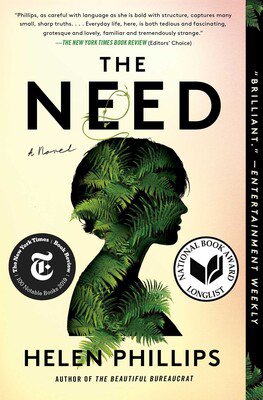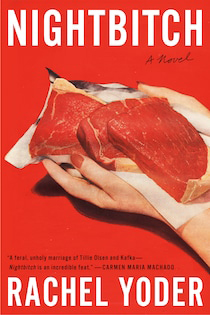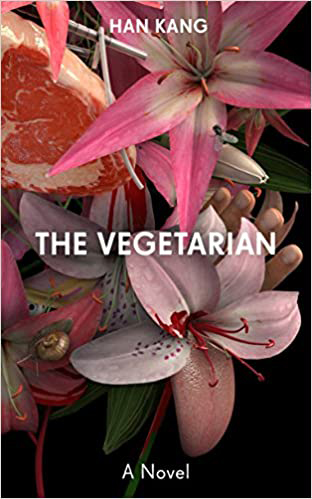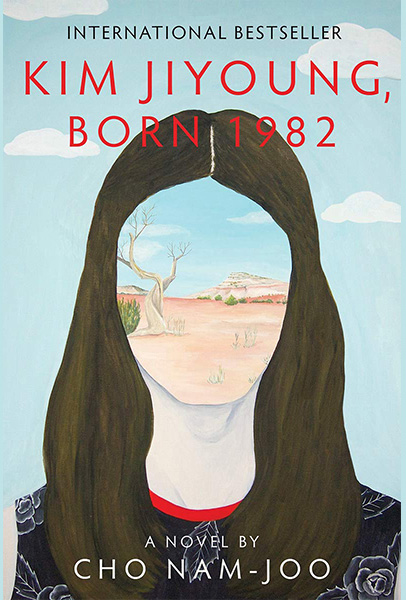In these four works, women in marriages come to terms with their lot in life, in ways that are unexpected and often anxiety-inducing for them and their family.
READ ALSO: More Than Hallyu: Go Literary Seoul Searching With These 6 Books On South Korea
The Need by Helen Phillips
In The Need, Molly, a mother with two young children, hears a sound in the living room. She tells herself to stop panicking. It might just be the normal sounds that creep around a home.

Suddenly, she comes face to face with a facsimile of herself. An intruder who looks like her acts like her, and knows everything about her and her family. Molly comes face to face with all her fears of motherhood, all its joys, and terror and must find a way to confront the stranger with her face. Arresting and subversive, this thriller is all at once haunting and, yet, a needed read.
Nightbitch by Rachel Yoder
In Rachel Yoder’s Nightbitch, a lonely mother with a two-year-old son is stressed out. Once an artist, she is now a mother and wife, with a husband constantly away on business. The thought of all the must-dos on her list to get through the following days (and weeks, months, and years) is too much.

One night when her child throws a tantrum, she starts changing. Sharper teeth, strange growths of hair, a different appetite, and an unexplained need. Yoder’s take on contemporary motherhood and what happens when women give up their voices are original and subversive, the kind of book anyone in the throes of motherhood will recognize and appreciate.
The Vegetarian by Han Kang, translated by Deborah Smith
In the planning of The Vegetarian, Han Kang was struck with the human inclination towards violence and the impossibility of innocence. Her efforts produced this three-part novel about Yeong-hye, a freelance graphic artist and housewife in Seoul who after a dream, decides to stop eating and serving meat.

Her husband, who married her for her ordinariness and takes pride in his banal existence is shocked: South Korea is, after all, a country where the eating of barbecued meat is a social activity, enjoyed by all. The decision to stop eating meat is seen as a scandal by her family, who stage a violent intervention. As the book goes on, Yeong-hye becomes more unrepentantly plantlike, revealing selfish behaviors from those who surround her. In 2016, the novel won the Man Booker International Prize.
Kim Ji-Young, Born 1982 by Cho Nam-joo, translated by Jaime Chang
When asked why it took only two months for Cho Nam-joo to write Kim Ji Young, Born 1982, the former TV writer said “Kim Ji-young’s life isn’t much different from the one I have lived. That’s why I was able to write so quickly without much preparation.” Indeed, the story of Kim Ji-young is startlingly similar for Korean women all across different ages, and different strata of society.

From growing up in a family where her brother was more treasured, to slowly becoming inured to the institutionalized, everyday accepted sexism in school, the workplace, and the expectations of married life and motherhood, Cho’s account of Ji-young’s descent into depression was startlingly profound for women and caused anger in men who are portrayed in the book from a spectrum of passive to the suffering of women, to straight-up being the cause of it. When Irene, a member of the idol group Red Velvet, mentioned reading the book, male netizens responded by burning her pictures. In 2020, the book was adapted into a movie, starring Jung Yumi and Gong Yoo.
Banner Photo by Vitolda Klein on Unsplash





